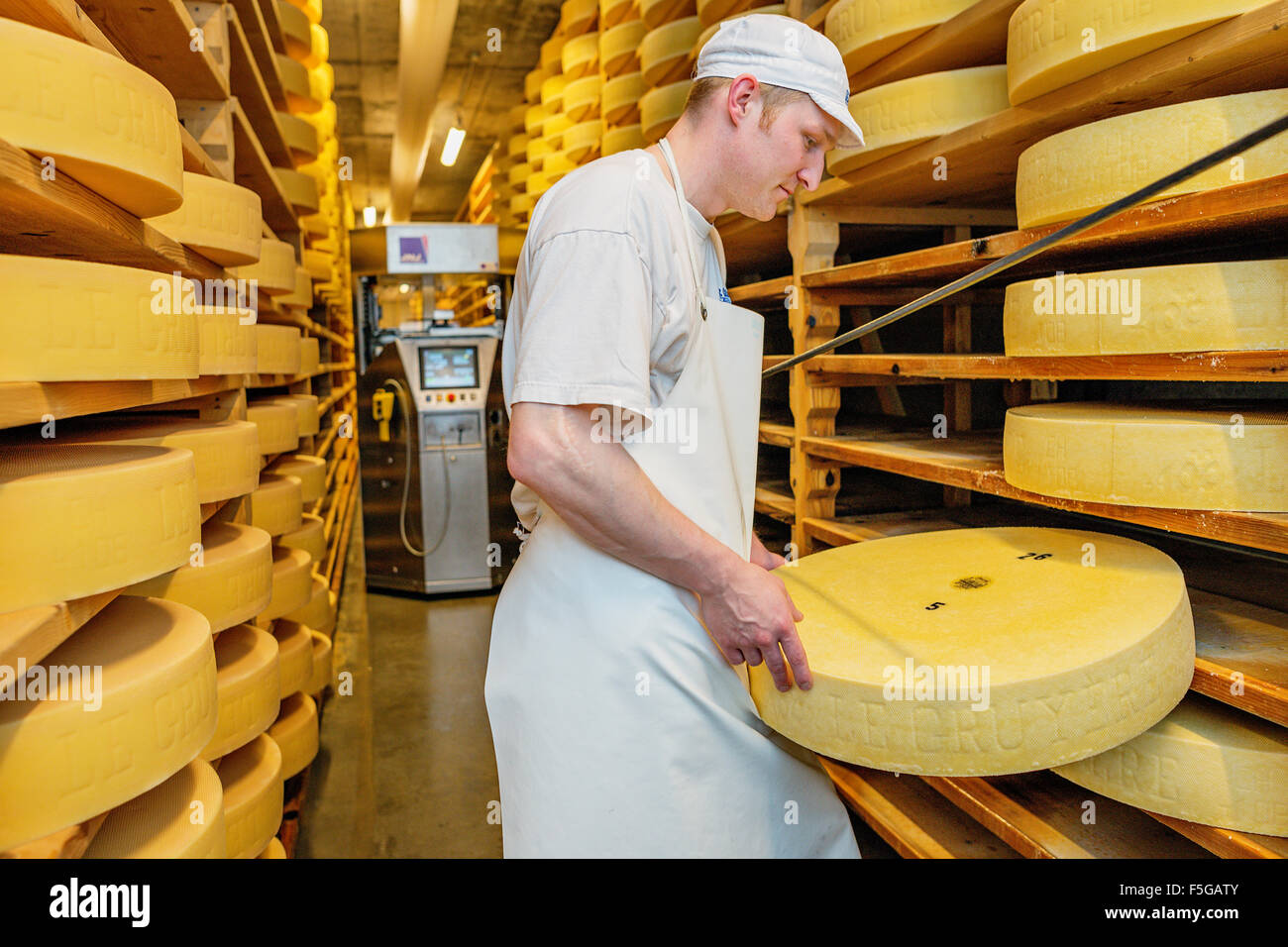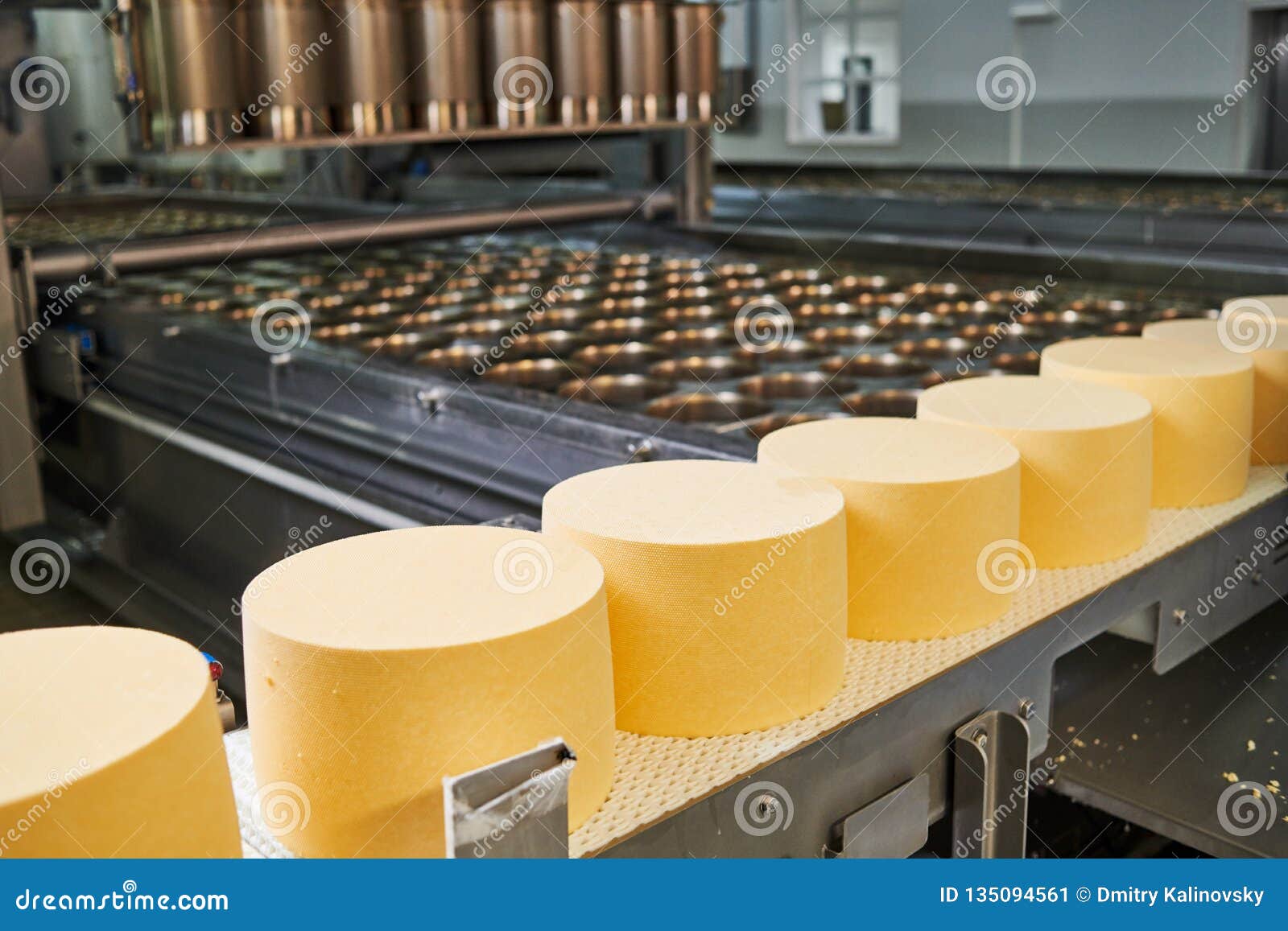Cheese Makers Melbourne: Crafting optimum Cheeses Locally
Cheese Makers Melbourne: Crafting optimum Cheeses Locally
Blog Article
Recognizing the Science Behind Cheese Production: From Milk Option to End Product
The complex process of cheese production starts with the cautious option of milk, an option that greatly influences the end product's flavor and texture. Recognizing the pivotal role of bacteria in fermentation reveals just how these bacteria transform lactose into lactic acid, an essential component in creating celebrity's character. Following this, the coagulation process turns fluid milk right into curds, setting the stage for aging, where truth complexity of flavors arises. Quality control stays essential at every stage, yet the subtleties of these procedures may still hold surprises that merit additional expedition.
Milk Option Refine
The choice of milk is an important action in the cheese production process, as it directly influences the taste, appearance, and quality of the last product. Different aspects have to be taken into consideration during this choice, including the resource of the milk, the type of the animals, and their diet plan. Cow's milk, goat's milk, and sheep's milk each have unique buildings that add to the unique characteristics of various cheese selections.

Furthermore, the dietary content of the milk, influenced by the animal's diet, can alter the cheese's final characteristics. Premium milk, sourced from healthy and balanced pets, makes sure a premium cheese product, emphasizing the value of stringent top quality control actions in the milk choice procedure. Therefore, mindful consideration in milk choice is necessary for successful cheese manufacturing.

Function of Bacteria in Fermentation
Adhering to the careful option of milk, the fermentation process plays a pivotal role in cheese production, where germs are presented to change the milk into cheese. The main function of these bacteria is to transform lactose, the sugar present in milk, right into lactic acid. This acidification not only modifies the pH of the milk however additionally plays a crucial function in flavor development, structure, and preservation of the end product.
Lactic acid microorganisms (LABORATORY), such as Lactococcus and Streptococcus varieties, are commonly made use of in cheese manufacturing as a result of their capability to prosper in milk and their payment to the fermentation procedure. The metabolic activities of these germs cause the production of various metabolites, including flavor substances and antimicrobial compounds, which hinder putridity organisms and pathogenic bacteria, therefore improving cheese safety.
Furthermore, the fermentation process influences the total characteristics of celebrity, including its aroma, taste, and appearance. Various strains of microorganisms can present distinct flavors and add to the distinct profiles of different cheese kinds. Hence, the option of bacterial cultures is a critical step in accomplishing the preferred cheese top quality browse around this site and uniformity.
Coagulation and Curd Development
In the cheese production process, coagulation notes an important shift from liquid milk to strong curds. This process is frequently complemented by the acidic setting produced by lactic acid bacteria, which better help in coagulation by lowering the pH of the milk.
The resulting curds are formed as the fluid whey begins to divide. Aspects such as temperature, the amount of rennet utilized, and the moment enabled coagulation are vital in figuring out the texture and visit this site right here top quality of the curds. Greater temperatures and longer coagulation times typically generate firmer curds, suitable for tougher cheeses.
When curds are formed, they are reduced into smaller sized items, enabling whey to run away a lot more efficiently. This action is crucial, as it affects the moisture web content and general characteristics of the last cheese product. Appropriate monitoring of coagulation and curd formation is vital for attaining certain cheese designs and preferred flavor profiles.
Aging and Taste Advancement
After the curd has been formed and whey has actually been drained pipes, the next stage in cheese manufacturing is aging, additionally called maturation. This critical process considerably affects celebrity's last taste, appearance, and fragrance. During aging, various biochemical and microbiological makeovers take place, impacting the general sensory profile.
The aging setting, consisting of temperature and humidity, plays an important function in flavor advancement. Enzymes and germs existing in celebrity facilitate the break down of healthy proteins and fats right into smaller sized molecules, causing the formation of amino acids, fats, and unpredictable substances. These transformations contribute to the intricacy of flavor and scent, with unique profiles emerging based on the particular cheese view website range.
Furthermore, the period of aging is crucial; much shorter aging periods usually produce milder flavors, while longer maturation cause more robust and nuanced profiles. Aspects such as the milk resource, cheese kind, and certain aging methods even more improve the diversity of flavors produced. Ultimately, aging is a delicate equilibrium of time, ecological problems, and microbial task, finishing in the special features that specify each cheese range.
High Quality Control in Cheese Production
Guaranteeing high standards throughout the cheese production process is necessary for supplying a quality item that meets customer assumptions - cheese for sale online. Quality assurance (QC) includes various phases, beginning with raw milk option to the final aging procedure. Each stage needs precise focus to detail to prevent contamination and make sure consistency
During milk choice, producers have to analyze aspects such as fat material, pH degrees, and microbial top quality. Routine testing for somatic cell counts and bacterial tons is important to ensure the milk's suitability for cheese production. In the manufacturing phase, QC steps include keeping track of the temperature, acidity, and rennet task, which dramatically affect appearance and taste.
As cheese develops, constant sensory assessments and laboratory evaluations are carried out to examine taste development, appearance, and total high quality. Any type of deviations from developed criteria demand rehabilitative actions to keep item integrity.
In addition, paperwork and traceability are vital parts of efficient quality control, making it possible for manufacturers to track the cheese from farm to consumer. By implementing robust QC methods, cheese suppliers can not only enhance item top quality yet likewise build customer count on, ensuring their location in an affordable market.

Final Thought
In verdict, the scientific research of cheese production incorporates numerous critical points, each significantly influencing the end product. The careful choice of milk, the essential function of germs in fermentation, the makeover of fluid milk into curds with coagulation, and the aging process jointly add to the growth of one-of-a-kind flavors and textures. Rigorous quality control measures guarantee that each cheese selection fulfills well-known criteria, therefore enhancing consumer fulfillment and keeping the honesty of the cheese-making custom.
Report this page